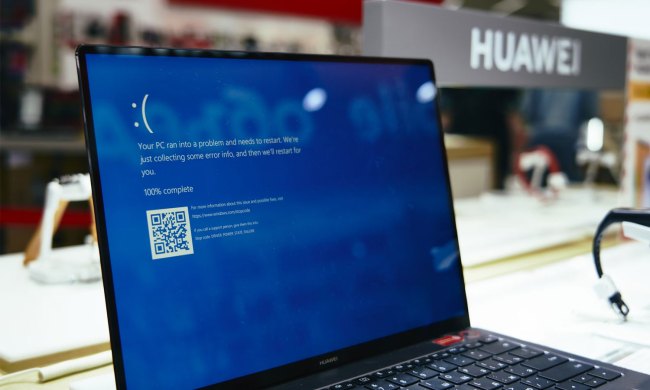
Since the last unallocated areas of the Internet’s IPv4 address space were given out earlier this month, momentum has been building towards tackling the technically-complex task of converting over to the IPv6 addressing system—IPv6 offers a much vast range of addresses for phones, computers, tablets, set-top boxes, game consoles, and more to connect to the Internet. However, IPv6 comes with a price: those devices—and all the network gear, routers, firewalls, peering points, switches, and equipment in between must also support IPv6 in order for everything to work. The reality is that the Internet will function on a mix of IPv4 and IPv6 for quite some time during the transition—but a growing number of high-profile companies and organizations are signing up for World IPv6 day, a large-scale test of IPv6 capabilities across the entire Internet. World IPv6 Day is scheduled for June 8, 2011, and two major U.S. Internet providers are now on board: Comcast and Time-Warner. Other major players gearing up for the test are Google, Facebook, Yahoo, Akamai, Yahoo, Limelight, Mozilla, Rackspace, Softlayer, Microsoft’s Bing search engine, Juniper Networks, Cisco, and the W3C.
World IPv6 Day is being spearheaded by the Internet Society. The day isn’t a cut-off for existing IPv4 services—those will all continue to function normally. Rather, World IPv6 day represents a single day when a large number of sites and services will also begin offering selected sites and services via IPv6. Folks who are up and running on IPv6 will be able to access those services directly rather than tunnel through to older IPv4 networks. World IPv6 Day will thus be a bit of a shakedown cruise for many sites, enabling them to see what parts of their network are ready for IPv6, which need tweaking, and which aren’t ready at all.
Time Warner and Comcast are two of the largest direct-to-consumer ISPs in the United States; their support of IPv6 will be critical towards transitioning the vast number of American Internet users—and their televisions, computers, game consoles, set-top boxes, and other gear—away from the increasingly-crowded IPv4 address space.


